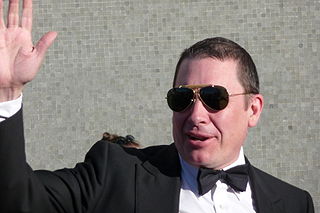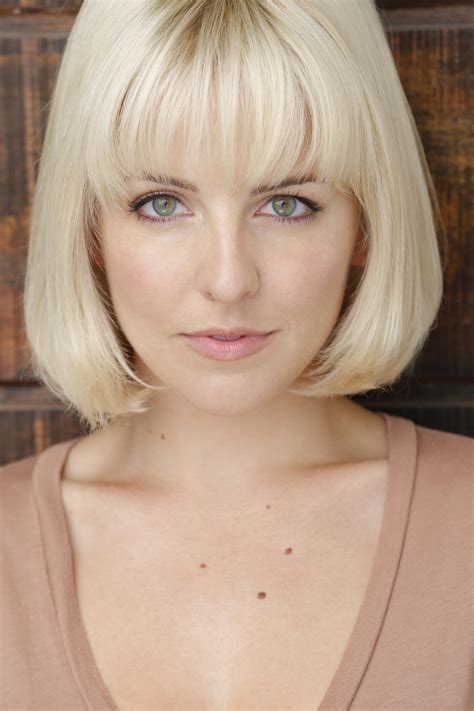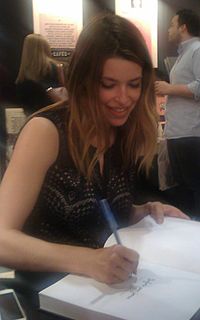A Quote by John Petrucci
Jordan [Ruddes], he learned that way, and that's what he knows how to do. That's how he kind of approaches all music, whether it's to learn a cover song that we're going to play, or to review Dream Theater music - he always uses charts. That's what he knows. I really rely a lot more on memory.
Related Quotes
As an artist, I always just want to grow as a songwriter. I listen to a lot of music. I listen to music all the time, whether it's hip-hop or soul or rock or whatever. I'm always listening to music and trying to learn from other songwriters and how they tap into certain emotions and communicate more clearly.
All those experiences were a chance to learn more about music. Playing with the Valley band is like such a "live" band. I mean, really, in many ways Bright Eyes is really a studio project. We form bands to tour, but it really is - you know, we take the songs and we figure out how to decorate them and it's all in the studio, we build the songs that way. Whereas Mystic Valley Band was the exact opposite, where everybody knows what they are gonna be playing on the song and there's sort of a general stylistic approach, and then it's just plug in and play.
It is possible to enjoy the Mozart concerto without being able to play the clarinet. In fact, you can learn to be an expert connoisseur of music without being able to play a note on any instrument. Of course, music would come to a halt if nobody ever learned to play it. But if everybody grew up thinking that music was synonymous with playing it, think how relatively impoverished many lives would be. Couldn't we learn to think of science in the same way?
Everyone was saved once by music. So I decided to REALLY work on my songs and not just "play" - to make something really good, more "professional." Something which makes you feel better; a song who says: "I know how much you're sad, and you're not alone, this is a song made for you." I really wanted to help with my music.
It's of course important to mention that when DJing, I'm building my own story through the music. I'm figuring out what song to play next, what song to play after that, and how the two will blend together. How the emotion is going to develop from one song to another. So I first build that storyline.
Studying music involves a lot of mathematics and a lot of exercises of memory. Or you've got to be able to be like somebody, to play like somebody, to play Mozart's music the way he played it and how he intended it. You've got to make it perfect, and that's not what I want to do. Although it is beautiful.
No grand inquisitor has in readiness such terrible tortures as has anxiety and no spy knows how to attack more artfully the man he suspects, choosing the instant when he is weakest; nor knows how to lay traps where he will be caught and ensnared as anxiety knows how, and no sharp-witted judge knows how to interrogate, to examine the accused, as anxiety does, which never lets him escape.
I believe that the greatest music is storytelling anyway, in a heightened medium. So I write a lot of music, and I play a lot with my guitar, I still sing a lot, but now I'm more personal about it than public, in a way. I think there will be a time where I'd like to bring the singing back into some of my performances. It all depends if the material's right, if the story's right, if it's my kind of taste in music, as well. It means so much to me. We all know how affective music can be, I just want to make sure when I do it, I'm doing it because I actually feel it and I care about it.



































